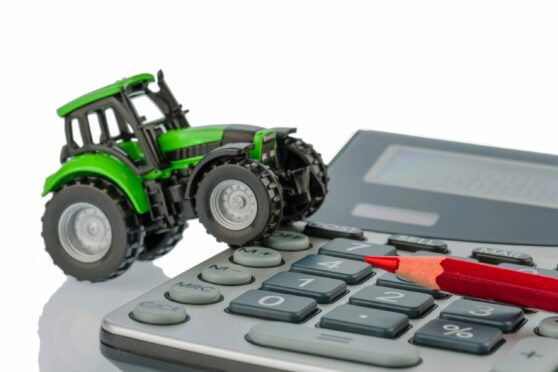Farmers are being urged to make sure they are ready for potentially high tax bills after a profitable year in 2021/22.
Rural accountancy firm Old Mill says farmers are at risk of forgetting that large tax bills may be looming as they battle soaring input costs in the current financial year.
“A lot of farmers had a fairly profitable year in 2021/22,” said Old Mill’s manager, Philip Kirkpatrick.
“Milk, livestock and cereals prices were pretty solid and, for many, fixed feed and electricity prices have meant that cost increases won’t hit until the next financial year.”
He said although many farmers had experienced significant increases in farmgate commodity prices since December, these have not necessarily kept pace with soaring costs, leading to increased pressure on business profits and cash flow.
To prepare for potentially large tax bills, Mr Kirkpatrick urged farmers to make sure they budget for January 2023 tax payments and to get their accounts done early so they understand what tax bill may be coming.
He advised farmers who have not yet reached their year-end to bring forward any planned spending so they can get tax relief in this financial year, and said any machinery bought on finance must be delivered and put to use within the correct year to secure the relief.
For farmers who have already passed their year-end, Mr Kirkpatrick said sole traders and partners can make use of farmers’ averaging – meaning their profits can be averaged retrospectively over two to five years to even out fluctuating incomes.
He said another option available to farmers is to carry back any losses made in 2022/23 to reclaim tax paid in 2021/22.
“There’s no limit on how much you can reclaim but you can’t do it until the end of the financial year, so you still have to pay the tax before reclaiming it,” said Mr Kirkpatrick.
“It doesn’t get round the cash flow issue, so get your books done quickly to minimise the time between paying and reclaiming.”
Lastly, Mr Kirkpatrick advised farmers to be aware of impending changes to the tax regime.
He said: “Individuals and partners who don’t have a March year-end will have to align with the tax year between now and April 2024, so they could potentially be taxed on more than 12 months’ income in one go.”


Conversation